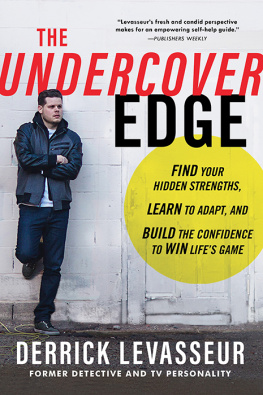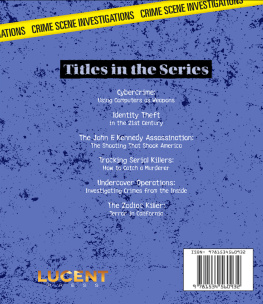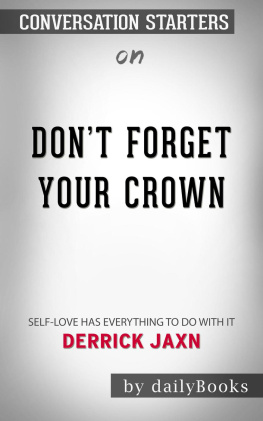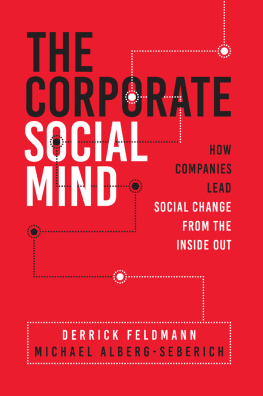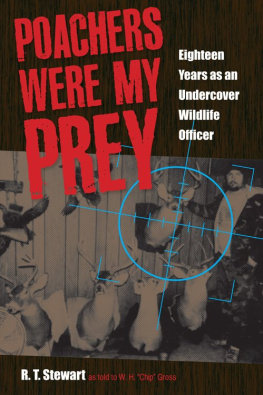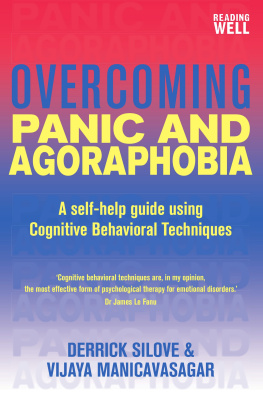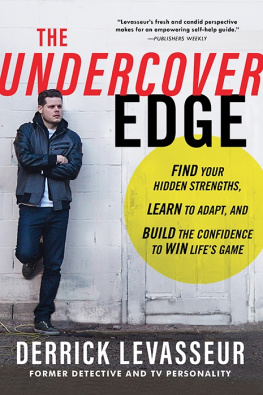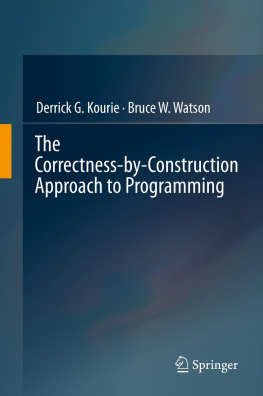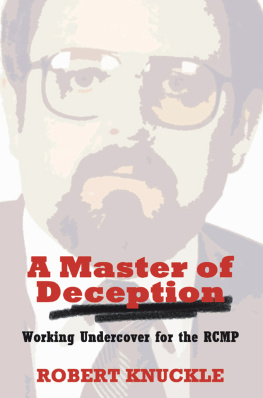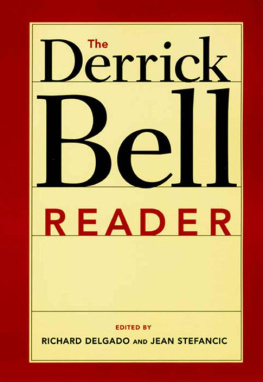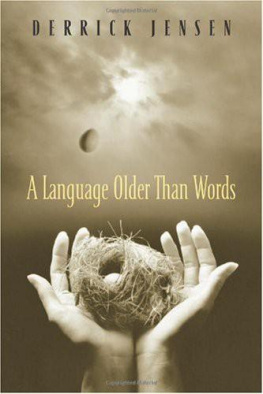At Sourcebooks we are always working on something new and exciting, and we dont want you to miss out.
So sign up now to receive exclusive offers, bonus content, and always be the first to get the scoop on whats new!
Thank you for purchasing this eBook .
BOOKS CHANGE LIVES .
We would love to invite you to receive exclusive rewards. Sign up now for VIP savings, bonus content, early access to new ideas we're developing, and sneak peeks at our hottest titles!
Chapter Five
Exercise Your Right to Remain SilentBut Listen
When it comes to the ability to engage in dialogue, most people automatically assume they know what theyre doing since theyve been talking for most of their lives. But the ability to speak is only half the battle. In reality, the ear is the most important tool of an effective communicator.
What really separates good conversationalists from everyone else is their ability to listen . Paying attention to what people have to say allows you to absorb the information being relayed and respond with content in-line with whatevers being discussed. Learning to listen like a professional is crucial to cultivating the skill of reading people and developing stronger interpersonal communication methods. Even more, interpersonal skills can help you identify good situations and navigate out of bad ones. I know this from personal experience, since dealing with uncertain situations is something a police officer does on a daily basis.
I know what youre going to say: Why would I take advice about listening from a cop, when most of the time, theyre telling people what to do?
I completely understand where youre coming from, and its a fair question. As officers, we do find ourselves in situations where we have to direct people in order to get something accomplished. However, what most people dont realize is that we also receive extensive training in verbal judo and mediating difficult situations. Its funny, but Ive always said that cops are usually at their best when the situation is at its worst. Thats just the way we work. So when people are at each others throats with no resolution in sight, we find a compromise that everyone can live with. But how do we do this if were always telling people what to do? Before giving any advice, we have to understand what the problem is. This involves listening to each person and figuring out the underlying issues. From this standpoint, we can deliver our recommendations in a way that people are open to hearing.
Its unfortunate that many people view police officers as being unapproachable. This misconception is partially due to our need to project a position of authority. The ability to show strength is so vital to our job that its ingrained in us as soon as we start the police academy. One of the first levels of force were taught as officers is our command presence. This basically means to show everyone that we mean business, and its done through the way we dress, our posture, and the tone of our voice. Admittedly, its sometimes tough to turn this mentality off between calls, and this is where the whole that cop treated me like an ass for no reason usually comes from. I can tell you from experience that its not personal. Its difficult to hop in and out of character for some cops. For all you know, that officer was just involved in a fight with an armed suspect and now hes dealing with your minor motor vehicle accident. Regardless of who you are, weve all been guilty of carrying over a certain demeanor to our next conversation with someone who has nothing to do with your current mood.
Although cops are human and make mistakes, I like to think that most of the time we get it right. With constant training in interpersonal communication, our ability to listen and pick up on pertinent information only increases with experience. Over the years Ive learned a few key factors that are important in almost any conversation.
Do
Do remind yourself to listen carefully.
Do take a second before responding to gain additional information.
Do interpret what someone is really trying to say based on how they say it.
Dont
Dont think about what youre going to say next while someone else is speaking.
Dont cut someone off in the middle of a sentence.
Dont think of listening as an obligation. Its an opportunity to gather intelligence.
These are some of the rules I always keep in the back of my mind during a dialogue. They might seem like minor changes and easy to implement, but adjustments like these can take you from being a good listener to a great one.
RECEIVE BEFORE YOU RESPOND
Are you the type of person who meets someone new, exchanges introductions, and then an hour later you cant remember their name? If you are, this section specifically applies to you. And dont feel bad, because it used to apply to me as well. To be honest, I was one of the biggest offenders. Its so awkward to have to ask someone for their name again after hitting it off and deciding to make future plans.
The reason we get tripped up by this mistake is because were so concentrated on what we are saying and doing that we completely skate over important details about the other person. Were so busy thinking about what we want to say next that we miss half the conversation. Do you know someone like this? You know you do. Unfortunately, we all do.
I was recently at a party with a friend and many new people were introduced to us. My friend was thoroughly enjoying himself and had been talking to a girl who he was clearly interested in. They eventually exchanged numbers, and things were going well, but then it took a turn for the worse. I almost spilled my drink from laughing when I heard him ask, How do you spell your name so I can save it in my phone? She looked at him with disappointment, paused for a second, and then responded with, JEN. Suddenly, Jen had somewhere to be and rejoined her friends.
Dont get me wrong, my friends a bright guy, but he definitely dropped the ball on this one, and it cost him a date.
Hey, Nick, I said to him a few days later. You ever here from Jen?
Nah, he replied.
I laughed and grabbed him by the shoulder. You cant forget their name in the first conversation, my man. Thats not the way you want to start a relationship.
His face turned bright red. He knew he had slipped up at the party. Reluctantly he responded, Okay, Derrick, lets hear it. Just kick me while Im down.
I smiled and told him to relax. Nobody is holding it against you, I said. Its hard to remember everyones name unless you know a few tricks.
Im going to tell you the same thing I told him, and it all boils down to this: the key to any memory, whether its names, dates, or just a list of things you need to remember, is making the proper associations. Memory experts, like the ones you see on television who can remember the sequence of all the cards in a shuffled deck, are able to do this by using associations to fix the cards in their memory. Theyre essentially using a similar version of the method I taught Nick for remembering the people he meets.
The key to remembering someone is to associate the name with a face. Probably the easiest and most effective way to do this is to look carefully at the person when youre being introduced. In those first few minutes that youre standing there talking with them, make a mental note of any features that strike you as prominent, such as the shape of their nose, their eyeglasses, any moles you might notice, or any scars or tattoos. The next thing you want to do is repeat their name two or three times while talking with them. Try to thread it right into the conversation. If they have an unusual name, make a point of asking them how they got it. Did their parents have a particular reason for choosing it? Where does it originate? While theyre telling you their story, youre reinforcing your association of this person with that name.

